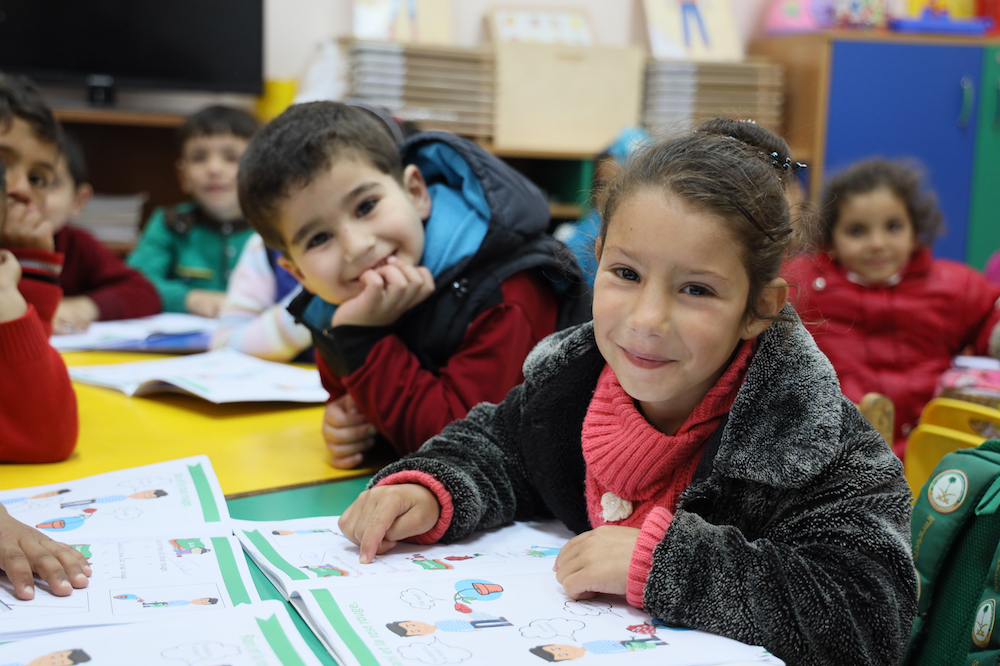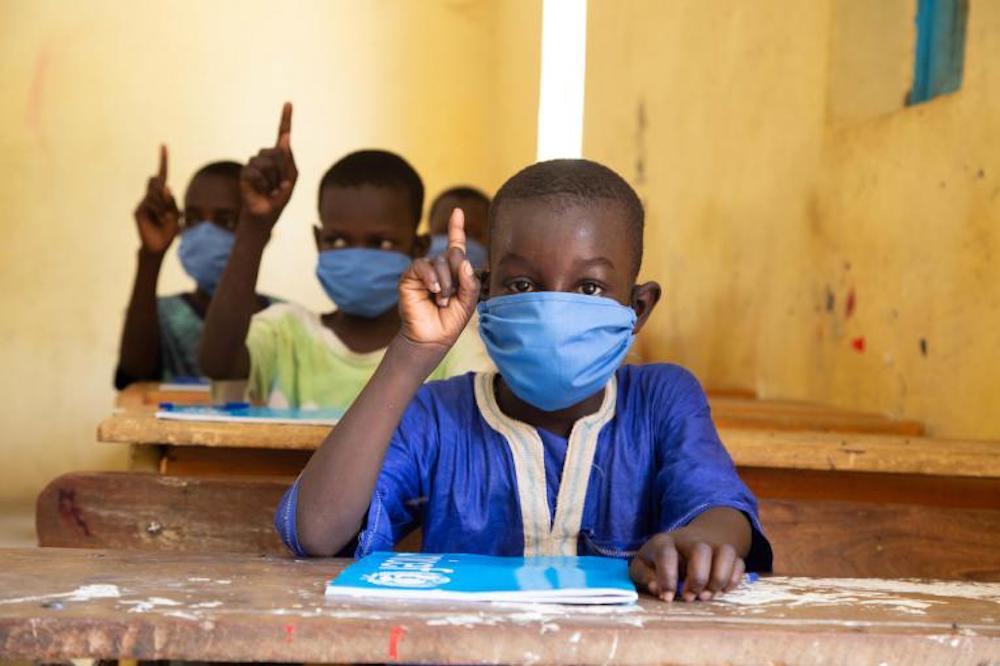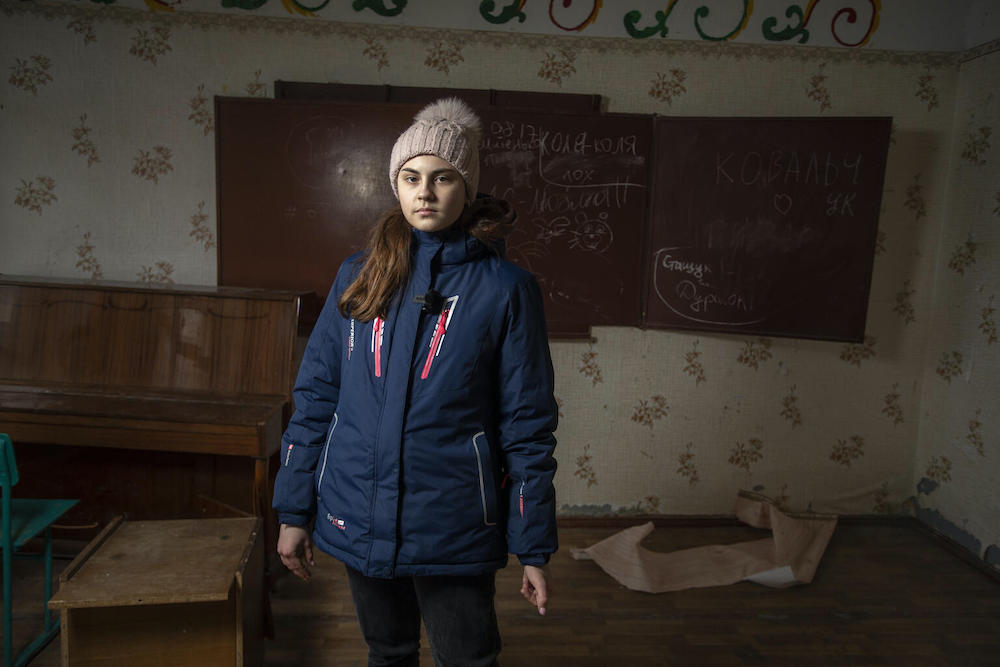
Next week, the stakes for education couldn’t be higher

Education funding, Justin van Fleet
The G7 countries have a chance to show bold leadership and invest in the future of millions of marginalised children - but will they take it?
Covid-19 forced the world to pause and closed nearly every school. Yet as the worst pandemic in a century, it has created an opportunity to reinvest in education of the kind that only occurs every 100 years.
If we’re aiming to revitalise communities, help parents return to work and rebuild a better future, it is clear that delivering vaccines equitably and reopening schools safely – and as quickly as possible – is the best recipe to put countries and communities back on track.
The G7 has a unique moment to make this a reality when it meets in Cornwall, England on June 11 to 13. The seven most powerful economies, combining efforts for global change, sounds like a dream team for an out-of-school child from a poorer background, ready and able to make a contribution to the world.
But the potential dream team may instead be stepping on the dreams of millions of children. The current proposals on the table stand to leave millions of children unvaccinated and uneducated: the exact opposite of what a once-in-a-lifetime plan of action should be.
This crisis – and the benefits of a comprehensive response – is greater than any one organisation or country, however influential. It requires global cooperation and a vision that unites us all.
Universal education is just such a vision – and not only can it rally our spirits but, as decades of evidence shows, it has the power to supercharge economies, create jobs and innovation, drive peace, climate action and health. It’s as close to a silver bullet in development as we can get.
The need is great but not insurmountable. Our Education Finance Playbook shows that the estimated cost to the international community of putting countries on track to achieve Sustainable Development Goal 4 of quality education for all by 2030 will require about $59 billion annually on top of pre-pandemic commitments.
In the conversations about trillion-dollar recovery plans, that cost is negligible.

Equitable vaccine delivery and quality education for every child should be the goal (UN Photo)
We know what will work: investing in institutions doing good work, harnessing innovative finance through exciting proposals already on the table to mobilise billions of dollars, supporting school meals, early childhood education, safe schools – particularly for refugees – youth skills, digital inclusion, a strong education workforce and special measures for girls and marginalised young people.
We also know what will not work and, unfortunately, all signs point to more of the same from the G7’s leaders, when they should be setting a new course for the whole world.
The heavily-trailed announcement about supporting the education of 40 million girls cannot be a solution when there are 400 million girls at risk globally of not being on track to have basic reading and maths skills by 2030.
A vision for pandemic recovery focusing solely on health but ignoring investment in human capital and education would set the stage for failure. It will be impossible to jumpstart economic recovery if only a tiny percentage of people in lower-income countries are vaccinated.
And, likewise, economies cannot recover if children cannot return to safe schools and hundreds of millions of children are simply left to fend for themselves without a quality education.
The cost of keeping millions of children out of school will surpass tens of trillions of dollars, spending which in turn limits the prospects for growth.
More of the same will not make up for lost time and reinvigorate progress. What we need is bold action from brave leaders setting the target at the level it deserves to be: equitable vaccine delivery and quality education for every single child on the planet.
More news

